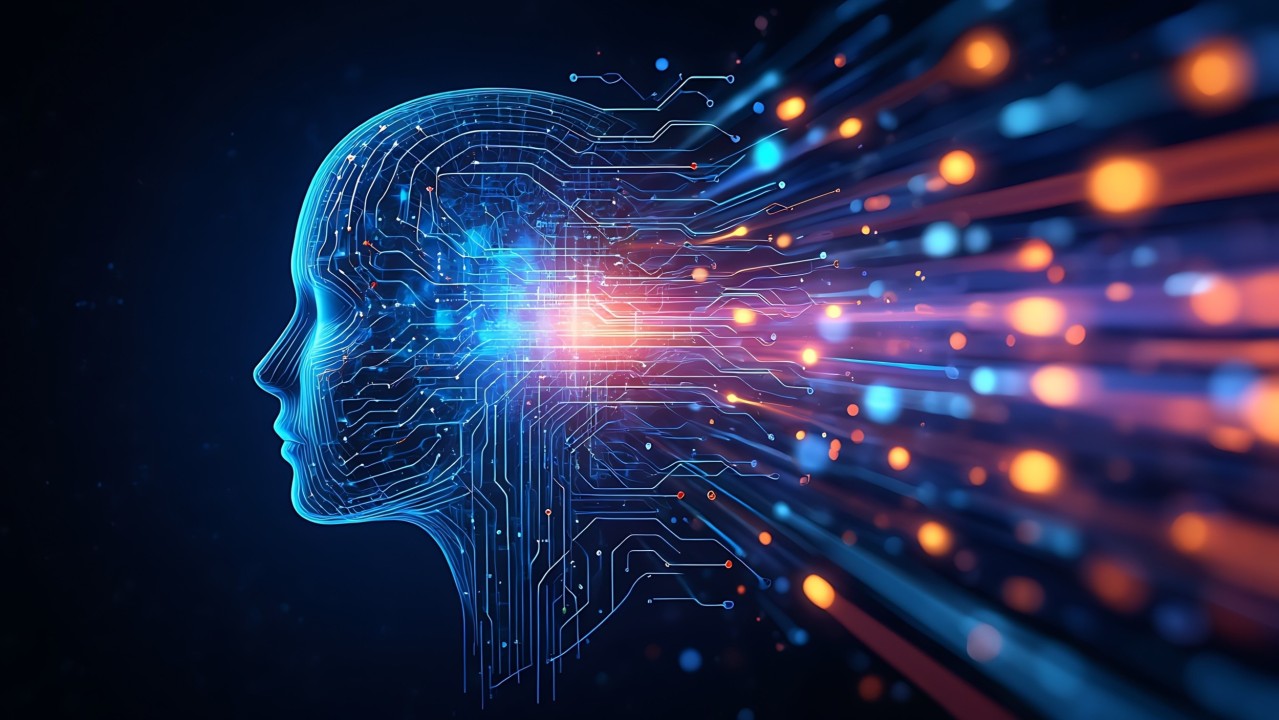What Is The Impact Of Artificial Intelligence (AI) On Society?
2 July 2021
As with most changes in life, there will be positive and negative impacts on society as artificial intelligence continues to transform the world we live in. How that will balance out is anyone’s guess and up for much debate and for many people to contemplate. As an optimist at heart, I believe the changes will mostly be good but could be challenging for some. Here are some of the challenges that might be faced (and we should be thinking about how to address them now) as well as several of the positive impacts artificial intelligence will have on society.
 On Society.png)
Challenges to be faced
Artificial intelligence will definitely cause our workforce to evolve. The alarmist headlines emphasise the loss of jobs to machines, but the real challenge is for humans to find their passion with new responsibilities that require their uniquely human abilities. According to PwC, 7 million existing jobs will be replaced by AI in the UK from 2017-2037, but 7.2 million jobs could be created. This uncertainty and the changes to how some will make a living could be challenging.
The transformative impact of artificial intelligence on our society will have far-reaching economic, legal, political and regulatory implications that we need to be discussing and preparing for. Determining who is at fault if an autonomous vehicle hurts a pedestrian or how to manage a global autonomous arms race are just a couple of examples of the challenges to be faced.
Will machines become super-intelligent and will humans eventually lose control? While there is debate around how likely this scenario will be we do know that there are always unforeseen consequences when new technology is introduced. Those unintended outcomes of artificial intelligence will likely challenge us all.
Another issue is ensuring that AI doesn’t become so proficient at doing the job it was designed to do that it crosses over ethical or legal boundaries. While the original intent and goal of the AI is to benefit humanity, if it chooses to go about achieving the desired goal in a destructive (yet efficient way) it would negatively impact society. The AI algorithms must be built to align with the overarching goals of humans.
Artificial intelligence algorithms are powered by data. As more and more data is collected about every single minute of every person’s day, our privacy gets compromised. If businesses and governments decide to make decisions based on the intelligence they gather about you like China is doing with its social credit system, it could devolve into social oppression.
Positive Impacts of Artificial Intelligence on Society
Artificial intelligence can dramatically improve the efficiencies of our workplaces and can augment the work humans can do. When AI takes over repetitive or dangerous tasks, it frees up the human workforce to do work they are better equipped for—tasks that involve creativity and empathy among others. If people are doing work that is more engaging for them, it could increase happiness and job satisfaction.
With better monitoring and diagnostic capabilities, artificial intelligence can dramatically influence healthcare. By improving the operations of healthcare facilities and medical organisations, AI can reduce operating costs and save money. One estimate from McKinsey predicts big data could save medicine and pharma up to $100B annually. The true impact will be in the care of patients. Potential for personalised treatment plans and drug protocols as well as giving providers better access to information across medical facilities to help inform patient care will be life-changing.
Our society will gain countless hours of productivity with just the introduction of autonomous transportation and AI influencing our traffic congestion issues not to mention the other ways it will improve on-the-job productivity. Freed up from stressful commutes, humans will be able to spend their time in a variety of other ways.
The way we uncover criminal activity and solve crimes will be enhanced with artificial intelligence. Facial recognition technology is becoming just as common as fingerprints. The use of AI in the justice system also presents many opportunities to figure out how to effectively use the technology without crossing an individual’s privacy.
Unless you choose to live remotely and never plan to interact with the modern world, your life will be significantly impacted by artificial intelligence. While there will be many learning experiences and challenges to be faced as the technology rolls out into new applications, the expectation will be that artificial intelligence will generally have a more positive than negative impact on society.
Related Articles
Why The AI Supercycle Will Fail Without Advanced Networks
By now, “smart” versions exist of just about every home appliance, gadget and gizmos we can think of. However, manufacturers continue[...]
The Two-Tier AI Economy: Why Half Of Companies Are Being Left Behind And How To Close The Gap
By now, “smart” versions exist of just about every home appliance, gadget and gizmos we can think of. However, manufacturers continue[...]
Sign up to Stay in Touch!
Bernard Marr is a world-renowned futurist, influencer and thought leader in the fields of business and technology, with a passion for using technology for the good of humanity.
He is a best-selling author of over 20 books, writes a regular column for Forbes and advises and coaches many of the world’s best-known organisations.
He has a combined following of 4 million people across his social media channels and newsletters and was ranked by LinkedIn as one of the top 5 business influencers in the world.
Bernard’s latest book is ‘Generative AI in Practice’.






Social Media